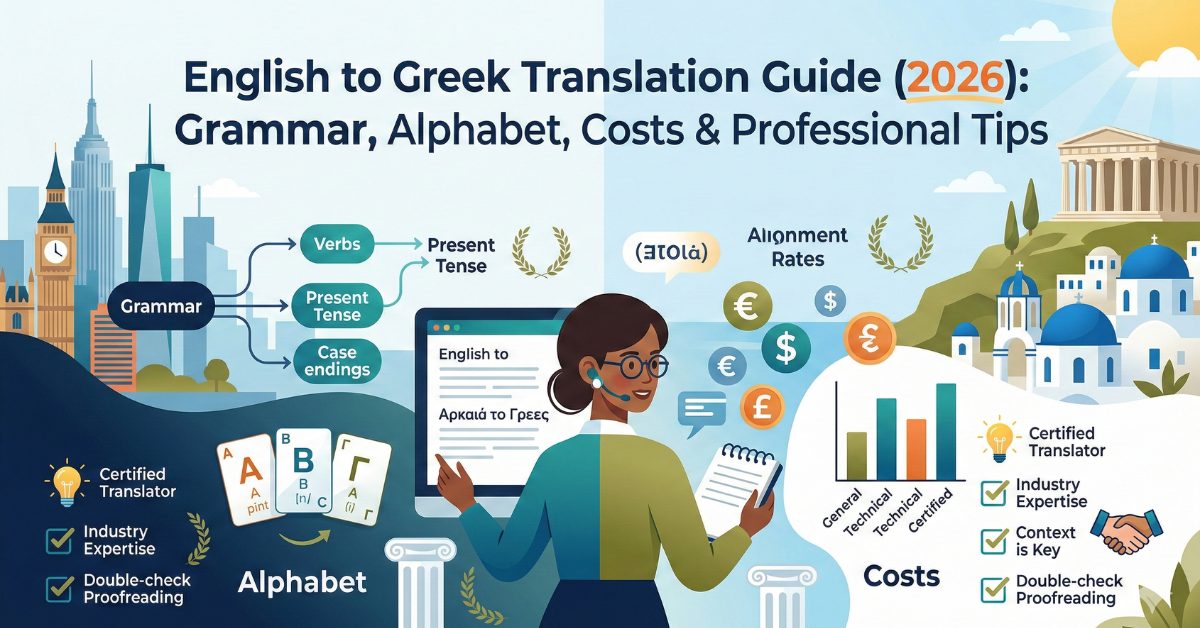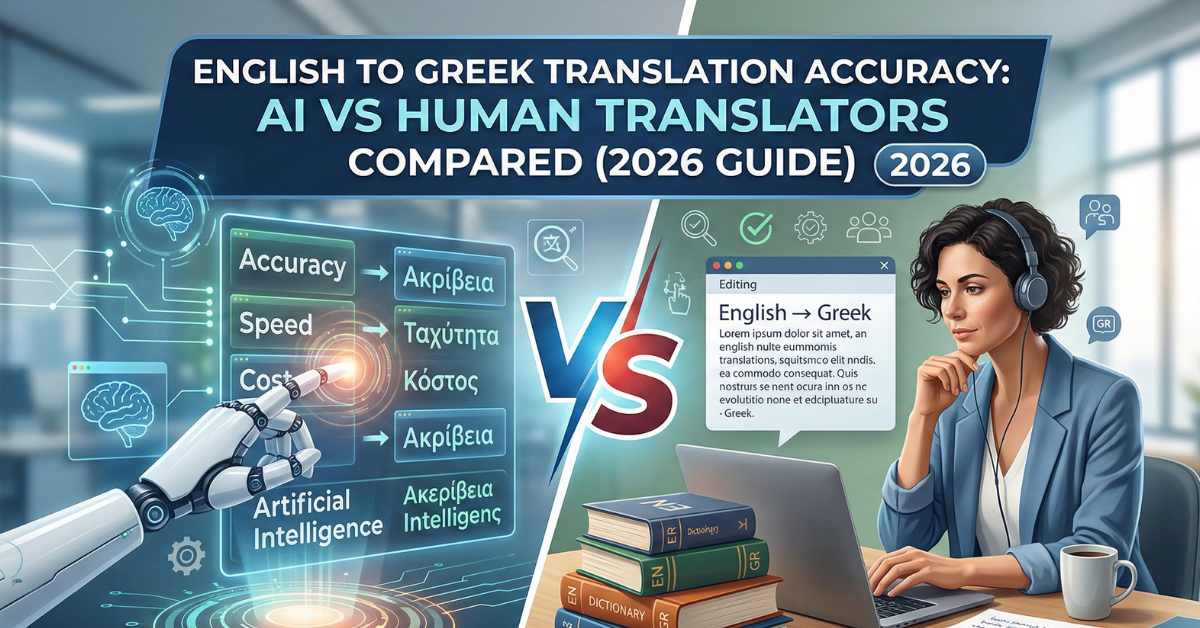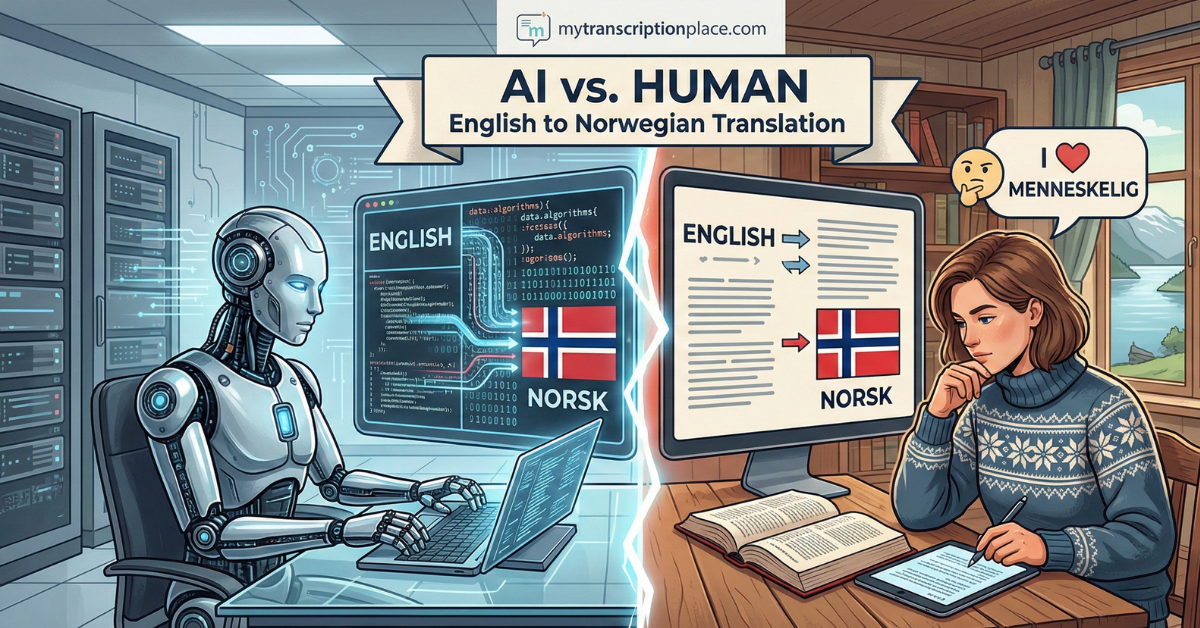Top 10 Advantages of Artificial Intelligence in Everyday Life
Aug 12, 2025, Nishi SinghImagine you’re navigating through a hectic workday—emails to answer, errands to run, work projects to complete. Yet, somehow your phone delivers personalized reminders, your favorite streaming app knows exactly what show to suggest, and a virtual assistant helps you schedule calls. This seamless support? That’s not magic—it’s AI.
Artificial Intelligence, or AI, is no longer the stuff of science fiction. It’s deeply woven into our daily lives, subtly reshaping how we live, work, and interact. From streamlining tasks to enhancing workflows, the advantages of AI are everywhere. Whether you’re a transcription professional relying on precision or a casual user seeking convenience, the benefits of AI touch almost everyone.
Here’s a breakdown of the top 10 advantages of artificial intelligence in everyday life.
1. Personalized Recommendations Tailored Just for You
When you log in to Netflix, open Spotify, or even scroll your social media feed, you’re met with suggestions that seem tailor-made for your preferences. This is AI at work.
Why it’s an advantage: AI algorithms analyze your habits—what you watched, liked, or skipped—and predict what you’re most likely to enjoy next. The result? A highly personalized experience that saves time and enhances your enjoyment.
How it helps transcription professionals: AI’s ability to customize tools extends to industry-specific software, making platforms for voice recognition or transcription faster and more accurate based on past inputs.
2. Virtual Assistants That Simplify Your Day
Think Siri, Alexa, or Google Assistant. These tools do more than answer questions—they help manage your schedule, remind you of tasks, and even control smart devices in your home.
Benefits of AI in this area: Virtual assistants perform multiple functions, from setting alarms to dictating text—perfect for multitaskers.
Real-life merit of artificial intelligence for transcription users: These assistants can dictate notes or even transcribe short audio messages in minutes.
3. Smarter Search Results with Minimal Effort
Ever noticed how Google seems to magically know what you’re searching for—even before you finish typing? AI enables search engines to become faster and more intuitive.
How it works: Machine learning analyzes patterns in what people look for. This improves not just the information displayed but how accurately it matches your intent.
Specific advantages for transcriptionists: AI in search can be a lifesaver when checking technical terminologies and researching client details, saving time and effort.
4. Enhanced Customer Experience via Chatbots
Customer service is another sphere where the pros of AI shine bright. Visit almost any website today, and chatbots are ready to assist you.
What are the advantages of this? Chatbots operate 24/7, providing instant resolutions to customer inquiries, often faster than human agents.
How transcription businesses benefit: AI-powered chatbots can guide customers to transcription or translation solutions, especially if responding to inquiries across time zones.
5. Improved Accuracy in Transcription and Voice Recognition
For professionals in the transcription industry, AI-powered tools have transformed the game. Automated transcription platforms leverage AI to create highly accurate transcripts, even for complex audio.
Merits of artificial intelligence: These tools adapt and learn accents, speech patterns, and context over time, improving their output.
Why it matters in daily life: Speed and accuracy allow transcriptionists to focus on editing or nuanced tasks while AI handles the heavy lifting.
6. Better Healthcare Insights at Your Fingertips
From AI-powered health trackers detecting irregular heartbeats to apps that provide nutrition advice, AI is revolutionizing personal healthcare.
What are the advantages of such technology? AI systems analyze vast amounts of medical data, offering early alerts and guidance tailored to individual needs.
Transcription relevance: Medical transcription benefits from AI-driven systems that streamline clinical documentation efficiently and accurately.
7. Smarter Home Automation
Have you ever turned off your lights or adjusted your thermostat using just your voice? AI is at the heart of smart home systems.
Advantages in daily life: AI in home devices improves energy savings, security, and overall convenience.
How professionals can benefit: Seamless environments mean distraction-free zones for focused transcription tasks.
8. Fraud Detection and Enhanced Security
AI systems are becoming critical in identifying unusual patterns, whether it’s suspicious financial transactions or cybersecurity threats.
Pros of artificial intelligence here: Monitoring happens instantly, minimizing risk and speeding up resolution.
Daily advantages: From email spam filters to fraud warnings from your bank, AI secures everything efficiently in the background. For transcription businesses, client privacy is bolstered with these measures in their platforms.
9. Reduced Errors in Repetitive Tasks
AI thrives on handling monotonous, time-consuming tasks—without the fatigue that leads to human error.
Merits of artificial intelligence: By automating tasks like data entry, AI reduces errors and improves overall efficiency.
For transcriptionists: Tools powered by AI focus on tedious details like timestamps or logical formatting, letting transcriptionists work smarter.
10. Enhanced Collaboration and Communication
If you’ve used Slack, Microsoft Teams, or Zoom for work, you’ve tapped into how AI is enhancing workplace collaboration. Features like auto-captioning and transcription ensure smoother communication for diverse teams.
What are the benefits of AI in this context? It ensures inclusivity and saves time for meeting reviews—with accurate captions and transcriptions available in seconds.
Daily life advantage: Whether sharing notes or accessing meeting highlights, transcription professionals gain a clearer, organized workflow.
Conclusion
AI is no longer a distant innovation; it’s an integral part of daily life. From ordering groceries via a virtual assistant to accurate closed captioning on videos, the advantages of artificial intelligence in daily life simplify tasks and enhance productivity. Not to mention, it empowers industries like transcription, where precision and speed are crucial.
For businesses and individuals in need of high-quality transcription and translation, myTranscriptionPlace remains a trusted leader. Combining technology's potential with human expertise, we ensure your content is not just accurate but impactful.
What’s your favorite way AI enhances your life? Got a story to share? Drop your thoughts below!
FAQs
1. What is artificial intelligence, and how does it work in daily life?
Artificial intelligence refers to systems or machines that mimic human intelligence to perform tasks like learning, problem-solving, or decision-making. It operates in daily life through tools such as virtual assistants, personalized recommendations, and smart home devices.
2. How does AI make everyday tasks easier?
AI simplifies daily tasks by automating processes, offering personalized suggestions, and assisting with time-saving tools like virtual assistants, route-optimization for navigation, and instant search results.
3. What are the most common examples of AI used at home?
Common AI tools at home include smart speakers, voice assistants (like Siri or Alexa), smart thermostats, automated lighting systems, and robot vacuums that learn navigation patterns.
4. How does AI improve online shopping experiences?
AI enhances online shopping by analyzing past behaviors to offer tailored product recommendations, providing chatbots for assistance, and streamlining search options based on user preferences.
5. Can AI help with personal finance management?
Yes, AI-powered apps help manage finances by tracking expenses, offering budgeting insights, identifying spending patterns, and sending reminders for payments or savings goals.
6. How is AI used in healthcare for everyday needs?
AI supports everyday healthcare through wearable devices that track vital signs, apps offering personalized fitness or nutrition plans, and predictive tools that help detect potential health issues early.






